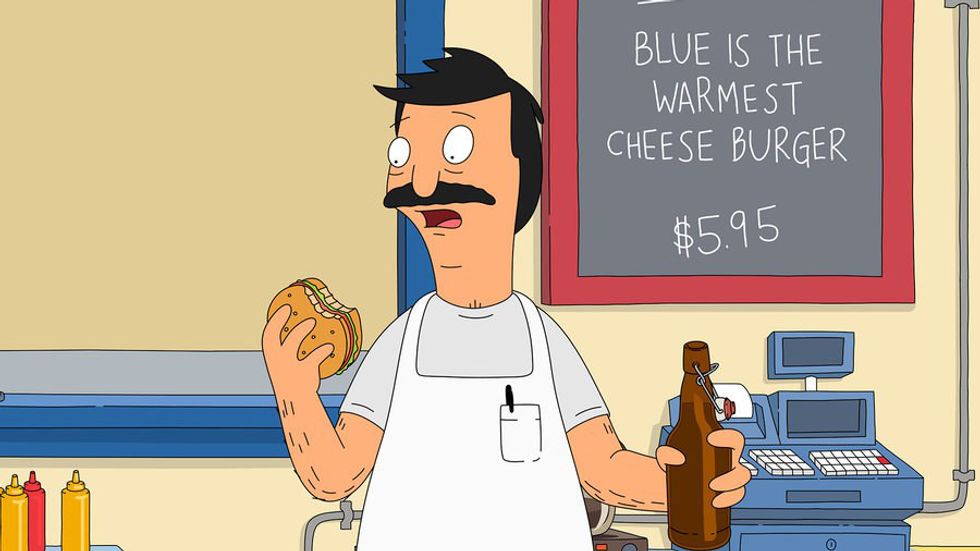As I enter my senior year in a high school I just transferred into, I've found that a lot of the advice that friendly classmates give has to do with my schedule. I've gotten used to hearing my classes sorted into good or bad, and this is based entirely on the teacher's style and students' perceptions of it. With all of the feedback in mind – like, "she's way strict on homework you turn in" or "he doesn't do much but pass out worksheets" – I think I've finalized my personal list of traits that make teachers outstanding.
These are the sort of dedicated men and women who clearly have a love for teaching and helping students grasp the material they may need later in life while being available and willing to help out anyone that seems to struggle. A great teacher can make a mediocre subject fascinating, or at least rewarding.
So what makes a teacher great?
One lesson that stands out in my mind took place in Sophomore Honors English, where we were learning about "Night" by Elie Wiesel. Though our teacher could have easily "taught" the book by assigning chapters every night and quizzing us on inconsequential details, he made the lesson ten times more interesting by having us make poems and visuals that encompassed the double meaning of words within the plot – as the book took place in the Holocaust years and discussed the appalling conditions, this project helped my class make a visual, concrete connection between the style of the book and the broader themes present throughout.
And I'll never forget the entertaining lessons in AP US History last year, where we staged mock Competition Civics hearings, the presidential election of 1828 and even a progressive "speed dating" activity (I think I ended up hitting it off with John Muir). These kinds of lessons can bring even mundane topics to life by bringing the class together to immerse itself in the time period, as opposed to just reciting dates out of a textbook.
I also think teachers should remember that even though high school students are on the brink of adulthood, teachers' views and opinions in class can still have an impact on the opinions of the student. This isn't inherently detrimental to a productive learning environment, but a few weeks ago, when I heard a teacher say to the class that "Muslims are terrorists," I knew that they'd gone way too far.
Sure, everyone has freedom of speech, and I don't think teachers should be banned from discussing their views on things like the Presidential election or other current events, but hateful commentary such as this teaches kids that it's okay to think or say the same, and that's not right.
Educators must be aware that they are molding the minds of hundreds of young people, even when they're not lecturing. And to win over their students' often limited attention spans, they should add pizzazz to the lesson plans now and then – 10 years from now, I won't know anything about the worksheets on acceleration or conic sections, but I'll definitely remember the entertaining class projects where I could see history and chemistry come to life.

































